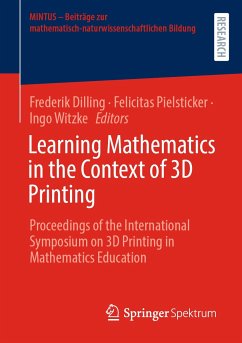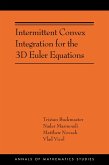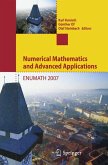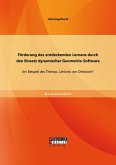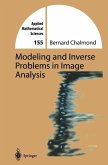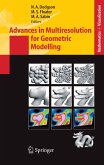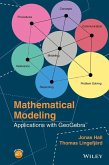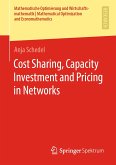The volume presents a collection of articles on the use of 3D printing technology in mathematics education and in mathematics teacher training. It contains both basic research-oriented contributions as well as reflected descriptions of concrete developments for teaching. The authors of this compilation share a positive attitude towards the possibilities that the use of 3D printing technology (understood as an interplay of software and hardware) can unfold for mathematics education, but critically evaluate from a mathematics education research perspective when, where and how an application can enable an added value for the learning of a mathematical content.
The Editors
¿Dr. Frederik Dilling is a research associate at the department of mathematics at the University of Siegen. His research focuses on digital technologies and interdisciplinarity in mathematics education and mathematics teacher training.
Dr. Felicitas Pielsticker worksat the University of Siegen in the department of mathematics as a lecturer and researcher. Her research focuses on a holistic cognitive and neurofunctional description and analysis of mathematical knowledge development processes with digital technologies.
Prof. Dr. Ingo Witzke is professor for mathematics education at the University of Siegen. His research group investigates mathematical knowledge development processes of learners interacting with (digital) tools and resources.
Dieser Download kann aus rechtlichen Gründen nur mit Rechnungsadresse in A, B, BG, CY, CZ, D, DK, EW, E, FIN, F, GR, HR, H, IRL, I, LT, L, LR, M, NL, PL, P, R, S, SLO, SK ausgeliefert werden.
Es gelten unsere Allgemeinen Geschäftsbedingungen: www.buecher.de/agb
Impressum
www.buecher.de ist ein Internetauftritt der buecher.de internetstores GmbH
Geschäftsführung: Monica Sawhney | Roland Kölbl | Günter Hilger
Sitz der Gesellschaft: Batheyer Straße 115 - 117, 58099 Hagen
Postanschrift: Bürgermeister-Wegele-Str. 12, 86167 Augsburg
Amtsgericht Hagen HRB 13257
Steuernummer: 321/5800/1497
USt-IdNr: DE450055826
Bitte wählen Sie Ihr Anliegen aus.
Rechnungen
Retourenschein anfordern
Bestellstatus
Storno

